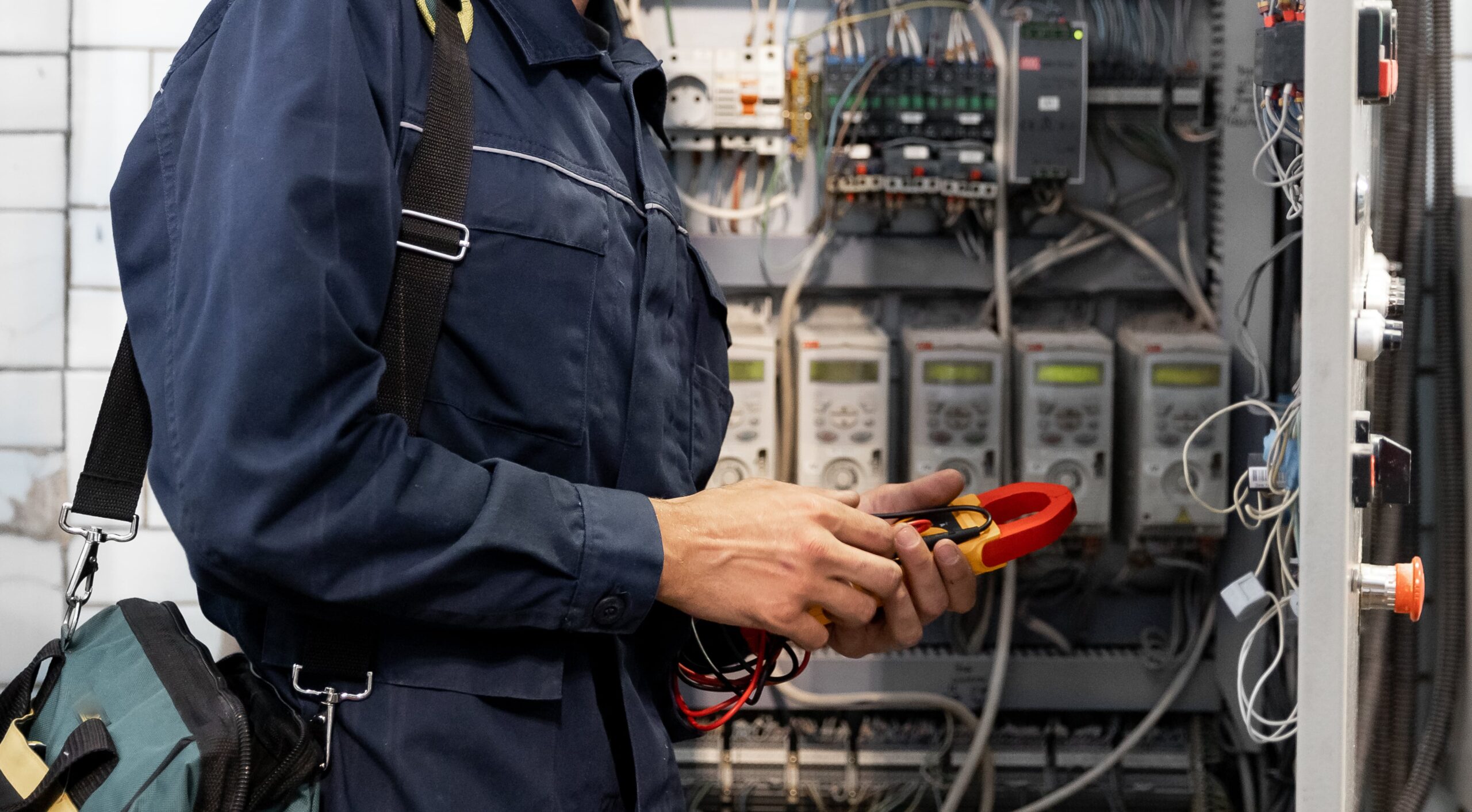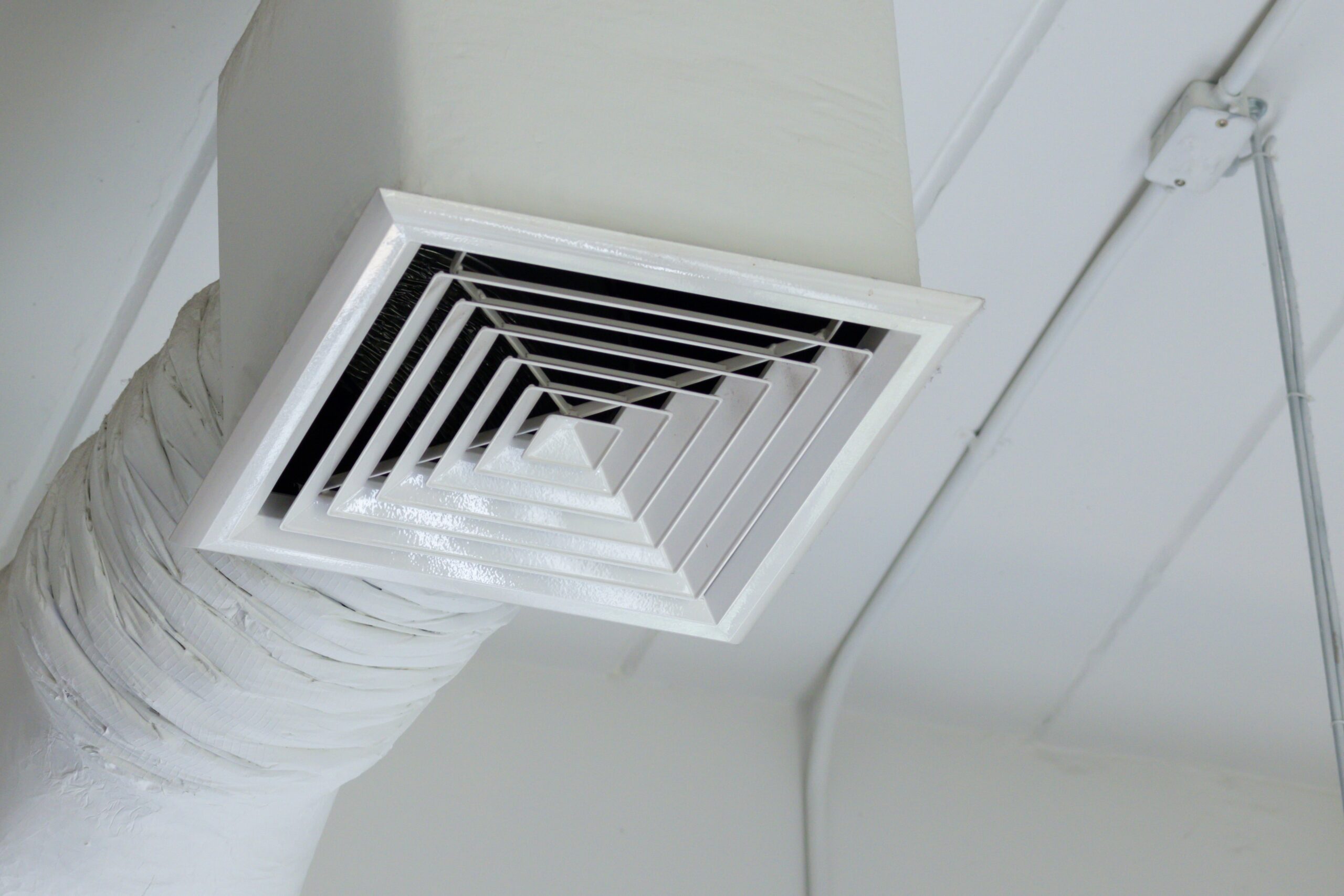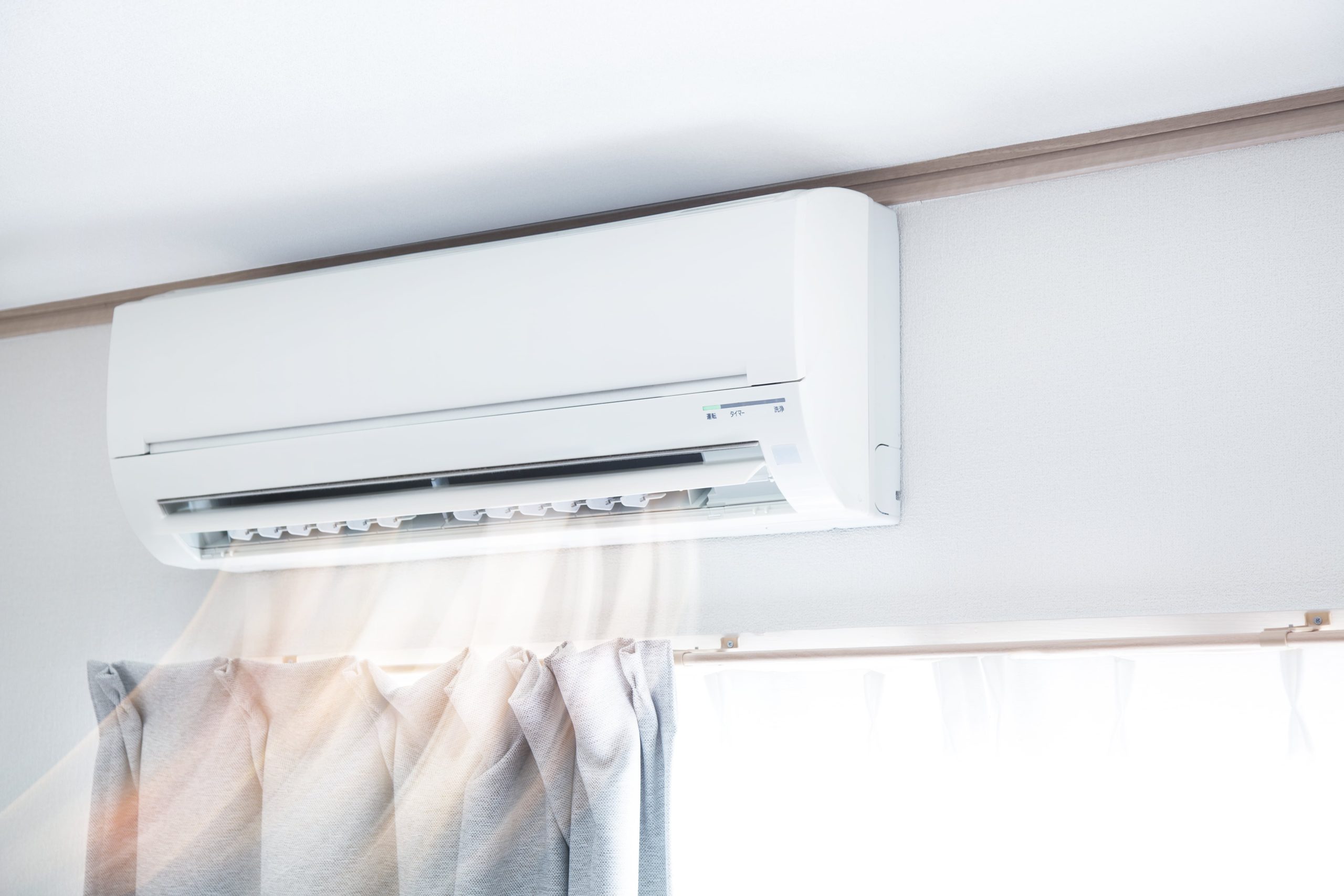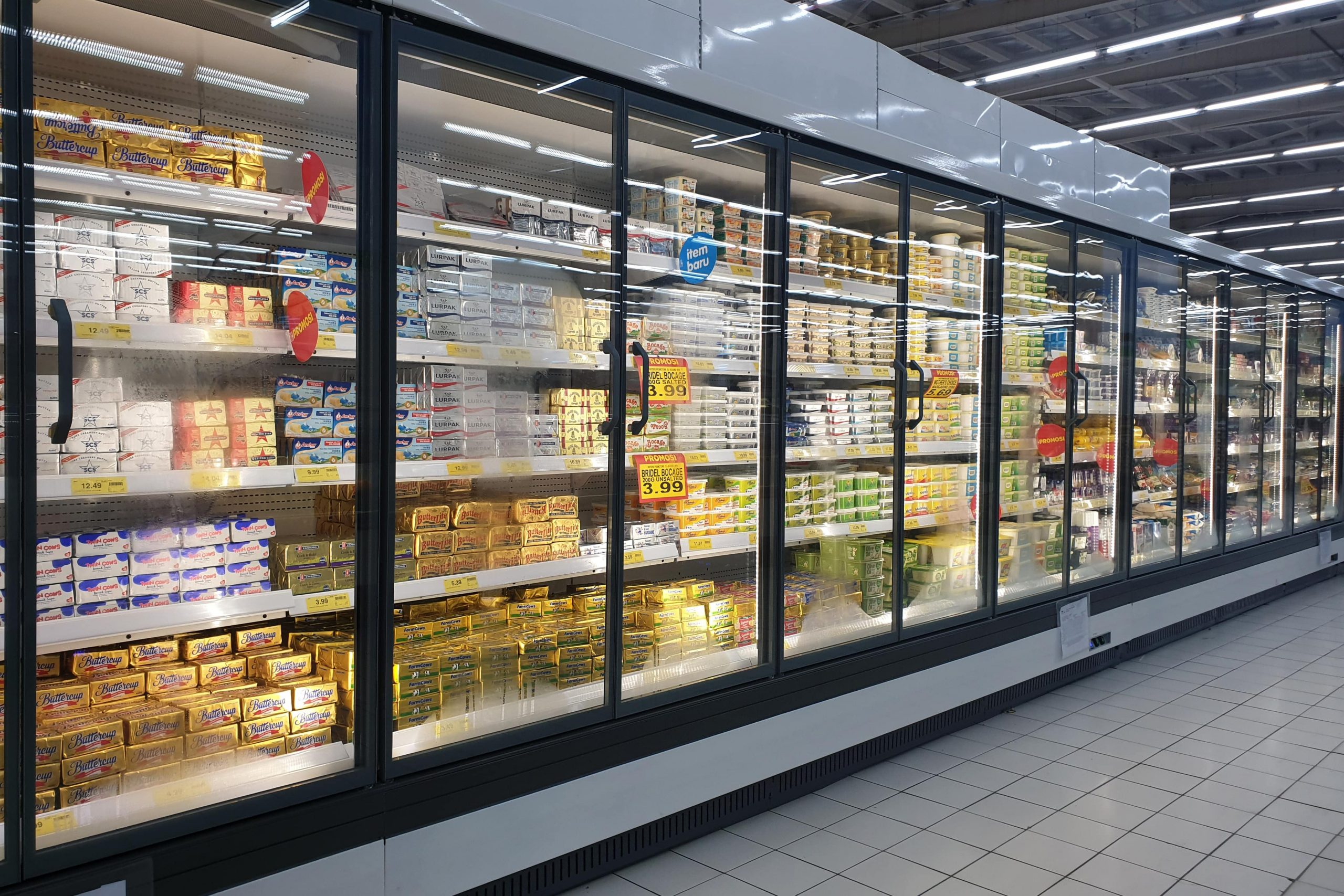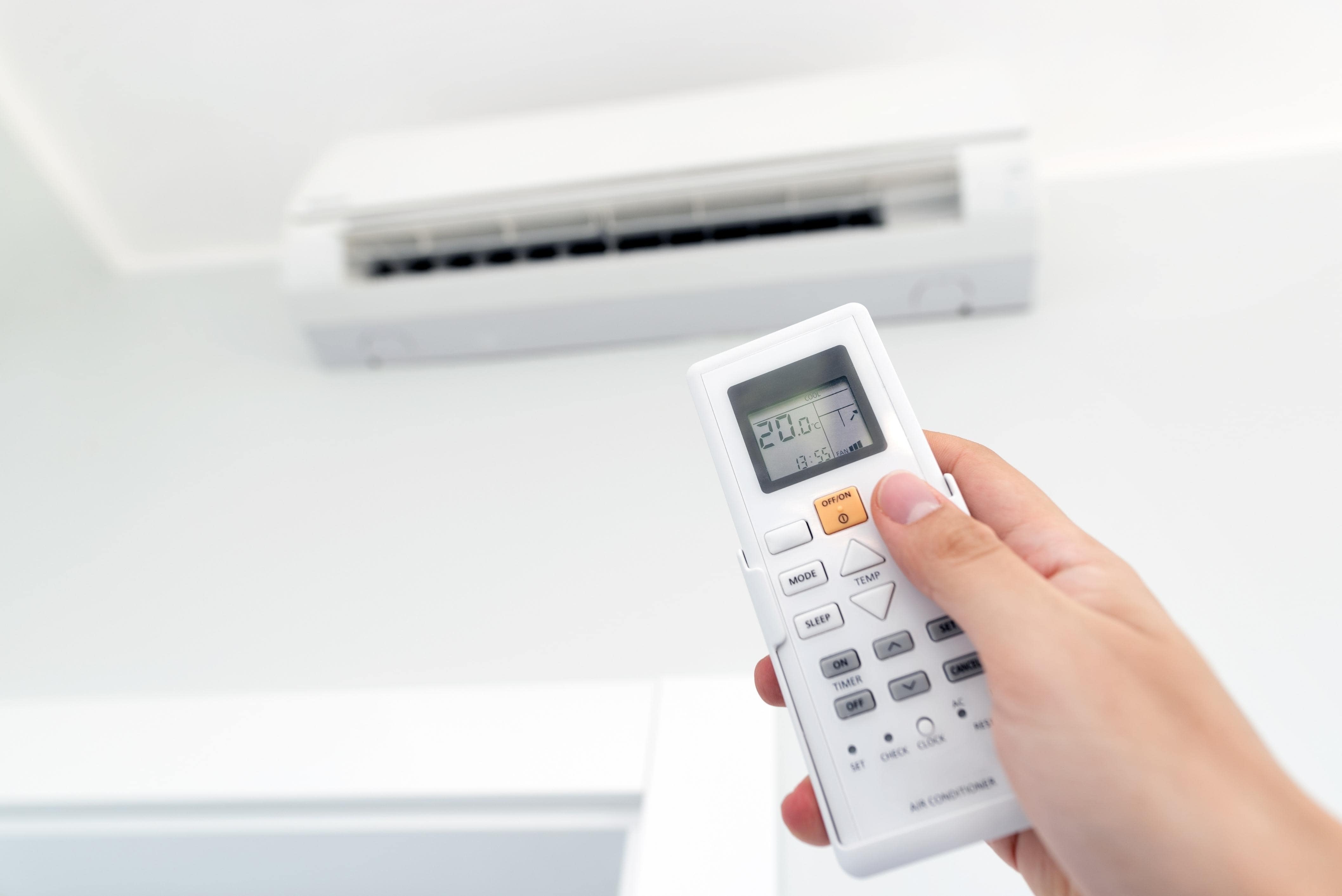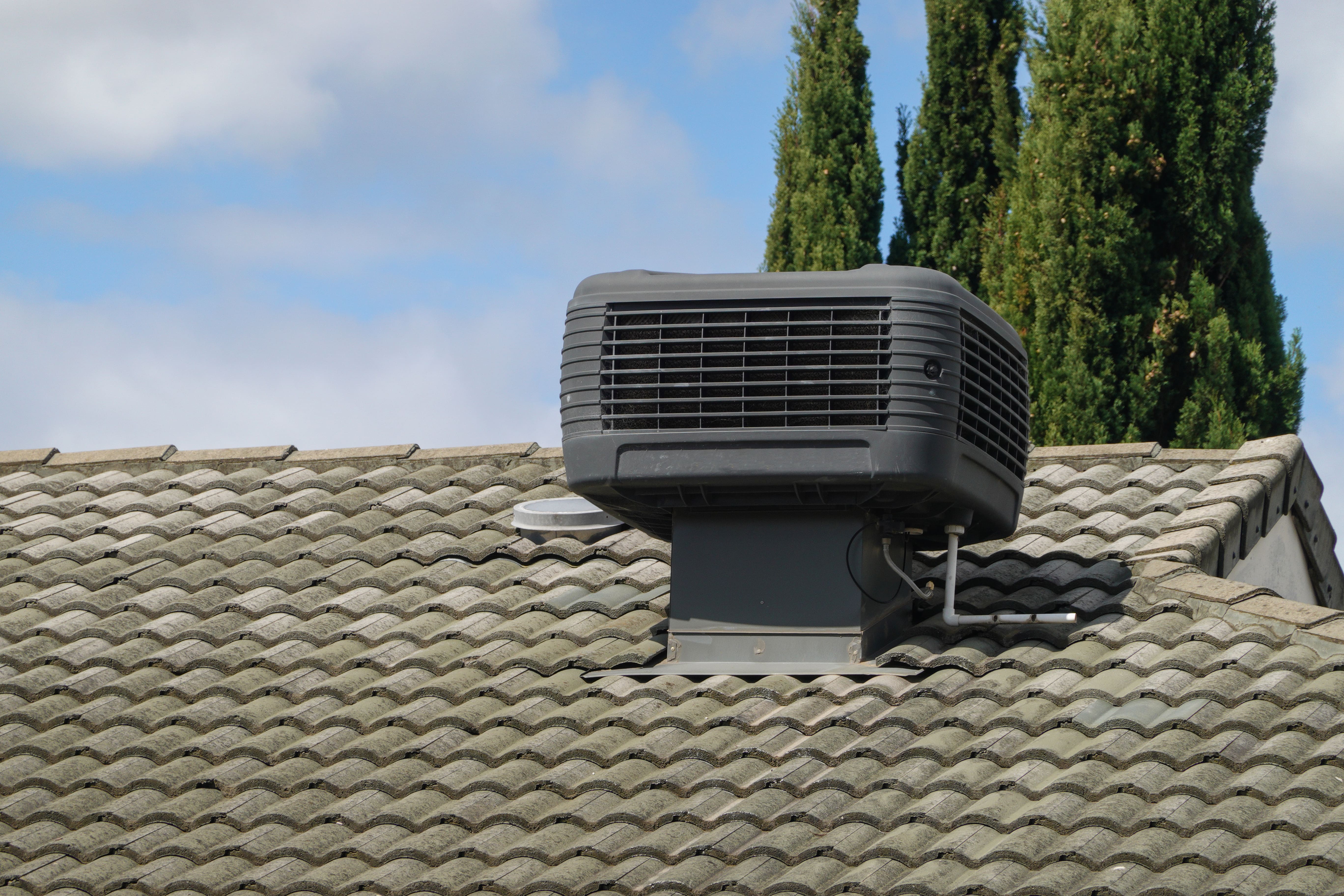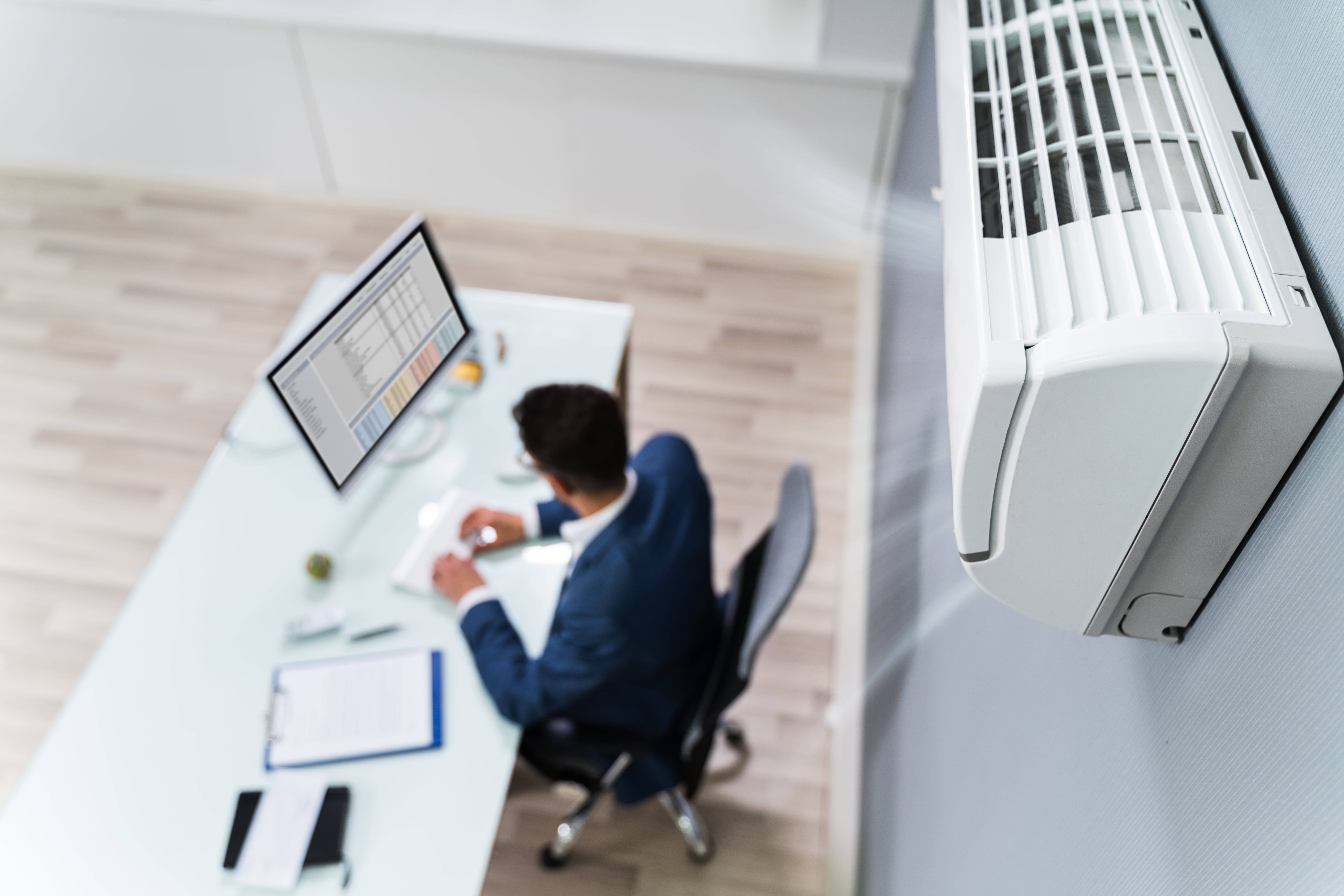What Causes An Electrical Power Surge?
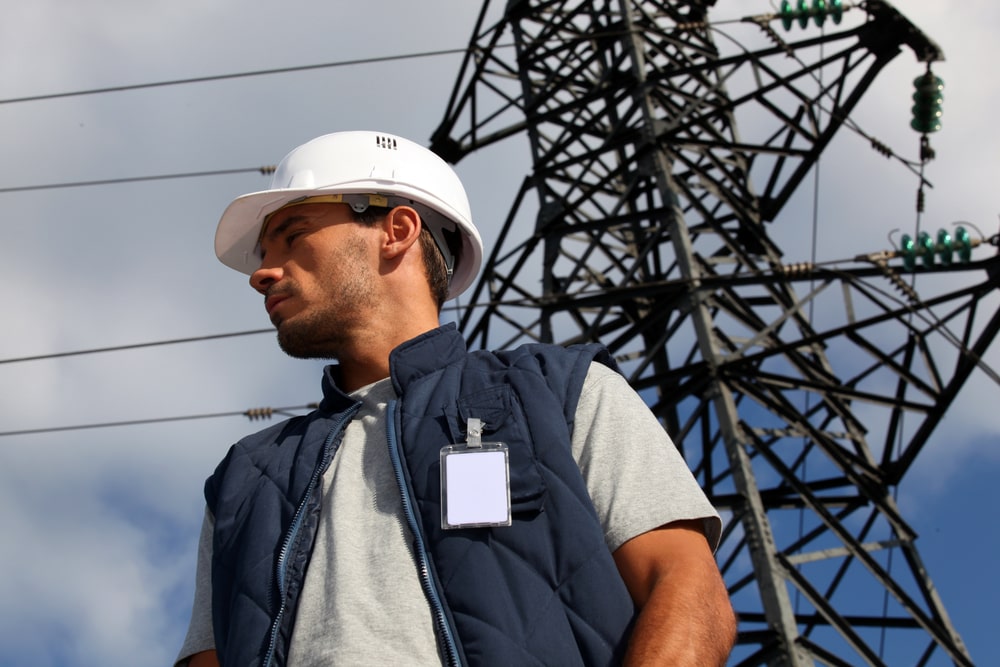
Electrical power surges can be caused by a myriad of reasons, and can have varying degrees of severity. They can affect your home as well as your workplace, and can have lasting effects – especially on businesses relying on their electronic equipment in order to operate. While you may be on top of safe electrical practices at home, when was the last time you considered the electrical safety of your office or commercial space?
Let’s have a look at some of the common causes of power surges, consequences that result from surges, and how best to avoid them.
What is a power surge?
A power surge occurs when there is an interruption to the flow of electricity. This leads to a sudden, temporary influx of electricity in the network. This spike in electrical charge creates a sudden increase in the electrical current in your wall outlets. If the surge is strong enough, it can damage or even break electronics plugged into the outlet. Strong power surges, such as from a lightning strike, can completely fry your circuits.
Consequences of power surges
Power surges in your office or commercial space can lead to damage being caused to your computers, refrigerators, machinery, power tools or other electrical devices critical to your business. This can severely cripple your ability to run your business as normal, and can be extremely costly to recover from.
Power surges can be especially worrisome in commercial spaces as they can lead to loss of data, halting of operations, and high costs to replace expensive electronic equipment – not to mention the costs associated with loss of business.
In severe power surges, electrical fires can occur as a result of the surge. While electrical fires following a power surge may be rare, in the event they happen, they can cause devastating damage to your office or commercial space.
Not all power surges are as outwardly dramatic as a lightning strike, but even regular, small surges can cause lasting damage. Switching on a heavily power-reliant device may cause a small surge to occur – leading to temporary loss of power or damage to other electrical appliances. Small surges may be more common than you think, as they don’t always leave outward signs. However, they can degrade and wear down your electrical appliances over time.
Common causes
There are some common causes of power surges that you should be mindful of, and take care to avoid in your office or commercial space. That being said, some of them are out of your control. Some common causes include:
- Bad or faulty wiring
- High-powered or large appliances when they are switched on, such as air conditioners or refrigerators
- Tree limbs touching power lines, or other damage to power lines
- Restoration of power following a blackout
- Lightning strikes
- Faulty appliances
- Electrical overload on a single circuit using excessive power
Preventing power surges
Here are some ways to prevent power surges:
- Replace old wiring that wasn’t made to support today’s appliances
- Replace loose wiring or wiring with outward signs of wear
- Avoid overloading circuits
- Have dedicated circuits for appliances that pull a lot of power
- Unplug appliances not in use
- Unplug appliances during a blackout, and plug back in after power has been restored
- Installation of surge protection devices
These are some simple steps you can take to avoid power surges, but ultimately the best way to protect your commercial space from a power surge is to get a qualified commercial electrician out to check on the electrical safety of your office or warehouse. Commercial electricians will inspect the property and ensure you are safely set up and protected from surges. This is the best way to protect yourself and your business against the costly and disruptive consequences of power surges before any damage occurs.
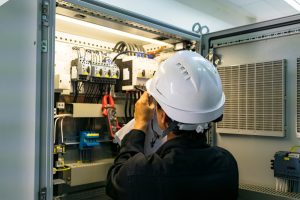
Your electrician will be able to ensure your equipment and property are safe, and offer expert advice about the best options for surge protection in your specific case.
Surge protection devices
Put very simply, surge protection devices work by channelling the extra voltage into the grounding wire of the outlet, where it can dissipate. This ensures only a safe level of voltage continues to flow through the outlet and attached electronic device.
Surge protectors can be one of the most cost-effective ways of protecting the equipment crucial to your business. Expensive devices such as computers should be connected to a surge protector. That’s not to say all appliances need a surge protector – for example, a desk lamp probably doesn’t need one. It’s worth listening to the advice of your electrician when they come and give your location an electricity health check. Not all surge protection devices are created equal, and your commercial electrician can recommend and install the best ones for you.
It’s worth nothing that surge protectors are not strong enough to stand up against a direct strike of lightning – nothing is. Although the chances of your office being directly hit by lightning may seem unlikely, it’s best to unplug electronic devices during electrical storms.
We can help
The best way to avoid the expensive and damaging fallout of a power surge is to get a qualified commercial electrician out to inspect your commercial or office space and ensure you are set up safely. Our friendly team of commercial electricians offer comprehensive services including electricity safety checks, commercial air conditioning repairs and safely installing air conditioning for offices. We are your one stop shop for all your electrical, air conditioning and refrigeration needs.
If you want to find out more about power surges and how we can help you protect your business, contact Perth Air & Power Solutions today.

